Herbert Windt
出生 : 1894-09-15, Senftenberg, Germany
死亡 : 1965-11-23

Original Music Composer
In the winter of 1943, against the background of battle scenes, a young German Lieutenant who increasingly distrusts the inhuman Nazi ideology struggles with the concept of war.
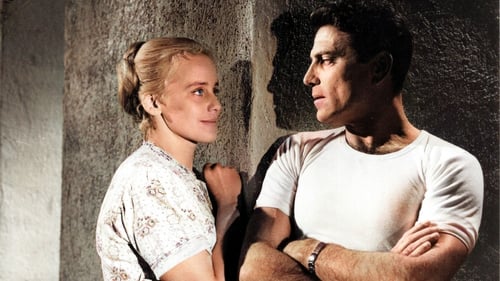
Music
West Germany's entry in the 1957 Cannes Film Festival was this cinemadaptation of the Gerhardt Hauptman play Rose Bernd. The title character, played by Maria Schell, is a servant girl on a remote farm. Sexually assaulted by both her employer and a coworker, Rose later bears a child, who die soon afterward. After nearly two hours of unrelieved misery, Rose finally finds happiness in the arms of a longtime admirer (where has he been for the past 12 reels?) Rose Bernd (aka The Sins of Rose Bernd) received a smattering of American showings thanks to the drawing power of star Maria Schell.

Music

Music

Music
“Ciske de Rat” belongs to the Dickensean “little man’s hard life” model and tells a deceptively simple story about a boy in modern Netherlands. Persecution, loneliness, adults’ hostility, fear, mixture of obstinacy and tenderness, and even an imprisonment. Excellent camera movement and delicate portraying of Ciske’s fragile soul put this film out of merely historical context and ensure its place in the history of great cinema.

Original Music Composer
On a barren and stormy island, fishing families eke out a meager existence on what they can catch during summer, and what washes ashore during winter. But little has been washing ashore of late, and their situation worsens. Elders recall how twenty years ago, when the lighthouse keeper’s beacon went dark, a cargo ship broke apart on the cliffs. It proved a bountiful accident for the fishermen. Today people on the island view the conscientious lighthouse keepers with evil hungry eyes...
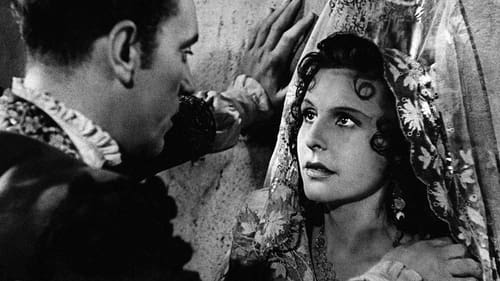
Additional Music
Set in the early part of 20th century Europe. There lived a dancer who becomes the romantic bone of contention between a humble shepherd and an imperious marquis.

Music

Compositor
A stuffy old civil servant is forced to retire during World War II, but when his son, a Navy submariner, is lost at sea and his city is heavily bombed by English bombers, his old patriotism is re-awakened and he determines to be of use to his country once again
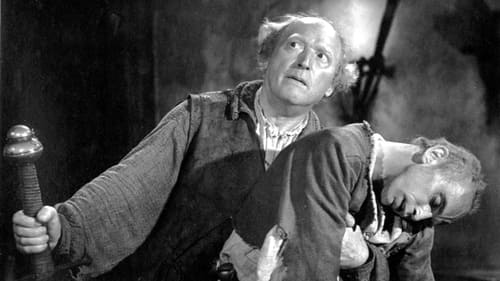
Cinematography
A 1943 German drama film directed by Georg Wilhelm Pabst based on the life of Philippus von Hohenheim (Paracelsus). The film is one of several big nazi era productions with main characters regarded as propaganda-parables to Adolf Hitler (see also Ohm Krüger and Der grosse König).

Music
A 1943 German drama film directed by Georg Wilhelm Pabst based on the life of Philippus von Hohenheim (Paracelsus). The film is one of several big nazi era productions with main characters regarded as propaganda-parables to Adolf Hitler (see also Ohm Krüger and Der grosse König).

Music
German chancellor Otto von Bismarck promises the dying emperor Wilhelm I. to be loyal to his grandson. But the gap between young Kaiser Wilhelm II. and old Bismarck is rapidly widening. It soon appears that an era is coming to an end.

Music
Olga, a Russian refugee from Bolshevik terror, has joined the Soviet secret police to find the man responsible for killing her parents. Meanwhile, a young Baltic couple are caught up in the schemes of the communists.

Compositor
This Nazi propaganda film details the exploits of a group of German Luftwaffe pilots flying Stukas--fighter-bombers--in the Battle of France in the early days of World War II.

Music
The young Schiller, whose heart and soul are writing and poetry, is forced into the military academy (the pride and joy of the Duke of Württemberg). Schiller is disgusted by the everyday routine of the military, always back and forth between breeding and drills. Conversation, conflict or even critique are discouraged – the oppression insufferable for the young rebel. Disgusted by the brutality, he writes his drama "The Bandit", which he would later publish anonymously. But following a frank conversation with the Duke, Schiller is dishonored and must leave the land.

Music

Music

Music
Nazi propaganda film about the Condor Legion, a unit of German "volunteers" who fought in the Spanish Civil War on the side of eventual dictator Francisco Franco against the elected government of Spain.

Original Music Composer

Compositor
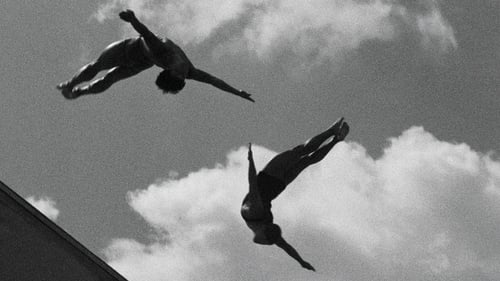
Original Music Composer
The Second part of Olympia, a documentary about the 1936 Olympic games in Berlin by German Director Leni Riefenstahl. The film played in theaters in 1938 and again in 1952 after the fall of the Nazi Regime.

Original Music Composer
The First part of Olympia, a documentary about the 1936 Olympic games in Berlin by German Director Leni Riefenstahl. The film played in theaters in 1938 and again in 1952 after the fall of the Nazi Regime.

Music
During the Great War, German soldiers are persuaded to die heroically in order to take a French village held by the British.

Sound Director

Original Music Composer
The body of an unknown beautiful woman is fished out of the river and leaves the policemen wondering what drove the girl to such a grisly fate. The film then flashes back to months before, showing the torrid love affair between a young cabaret singer and a rich playboy that ultimately results in tragedy for the girl.

Original Music Composer
Chronicles the Alpine war experiences of young Toni Bruggler (Ludwig Kerscher), a Tyrolean-German member of the Standschützen (militiamen), comprised of those who are too young or old to fight in the Austro-Hungarian Habsburg army.
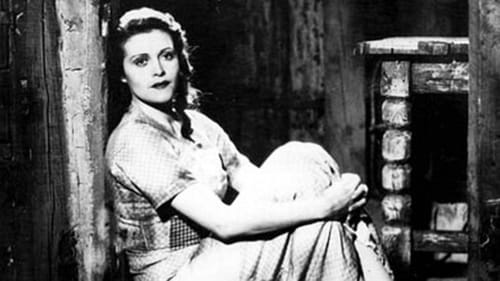
Original Music Composer
A beautiful young drifter comes to a small village and battles Death itself to save the man she loves.
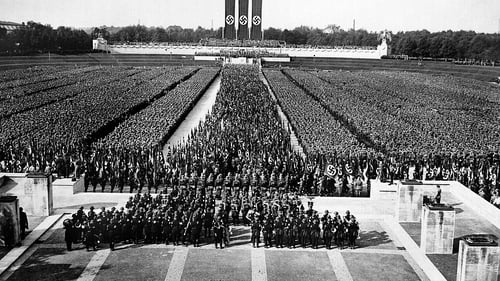
Music
Filmmaker Leni Riefenstahl's controversial masterwork is an artful work of propaganda showcasing German chancellor and Nazi Party leader Adolf Hitler at the 1934 Nuremberg Rally. Edited from over 60 hours' worth of raw footage shot over the course of the rally's four days, the film is visually remarkable in the way it captures the event's enormous scale.

Original Music Composer
German colonial soldiers fight against the British during World War I.

Original Music Composer

Original Music Composer
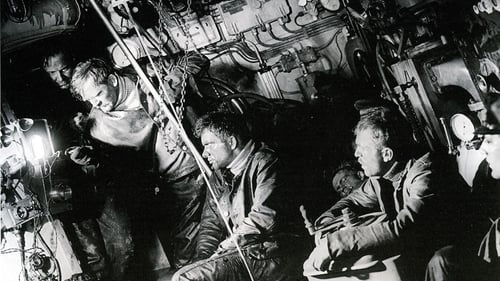
Original Music Composer
Released three days after Adolf Hitler became Reichskanzler, it was the first film to have its screening in Nazi Germany. It became a symbol of the new times touted by the Nazi regime. The title (literally "morning-red") is the German term for the reddish coloring of the east sky about a half hour before the sunrise. On patrol Captain Liers and his submarine crew sink an important British ship, but while returning to harbour, they're lured into a trap by a British vessel disguised as a neutral Danish one. They sink it after it attacks them without warning, but while they prepare to rescue survivors, a British destroyer sinks the sub. On the sea bed 60 feet down, with all but the bridge flooded, the 10 surviving crew have only 8 rescue devices. Liers orders the crew to use them, but they disobey - either all escape or nobody does.




















